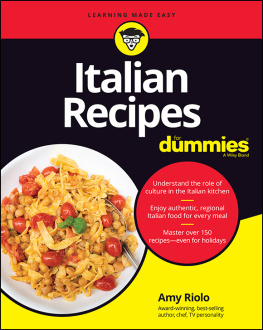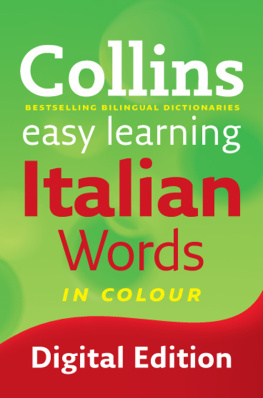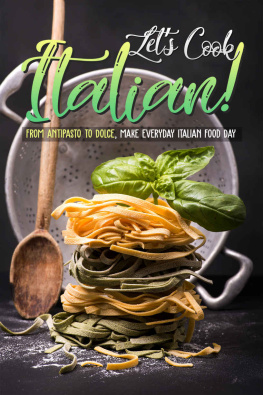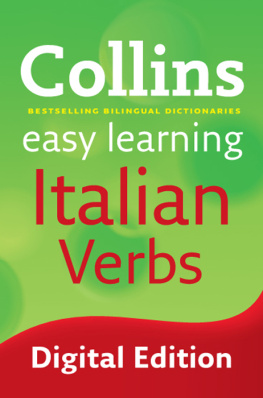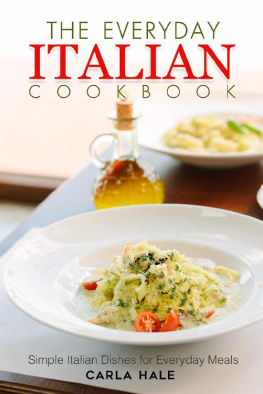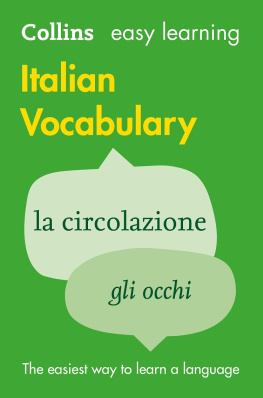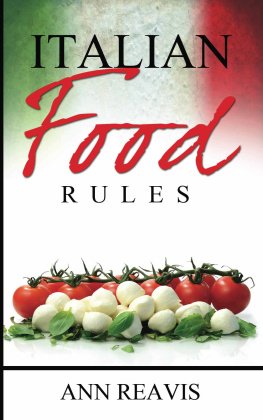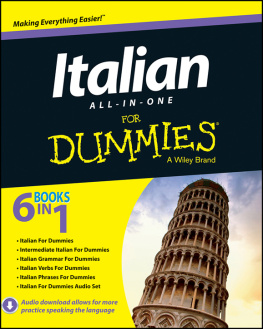Wed both been working in TV for a long time, ten years for me, seven years for Jason. I think that ten years is long enough to do anything. Ive always admired old people who can look back at their lives and divvy it up into the different chapters, much more than those who have just doggedly pursued one thing. We felt wed done telly for long enough and wed started making plans, or at least flirting with the possibility of plans, for doing something else, something completely different.
Wed been living in LA for three years, having moved there to set up a US office of RDF Media, the company we both worked for, making programmes like Faking It, Scrapheap Challenge and Wifeswap. We lived in the hills under the Hollywood sign, bought coffee from a drive-through on our way to work, went surfing at the weekend or visiting the silver Airstream trailer Id impulsively bought one day up in the mountains by the Kern River. We bought fashionable clothes, hung out in the kind of bars where you could get your nails done while sipping your martini and having your car valet-parked. Generally we led a pretty charmed, if rather shallow, life.
New life, as we began to refer to it, had a lot to live up to. Lots of people who make big life changes are escaping somethinga job they hate, a country they have come to loathe, a future that just seems too banal and laid out. It wasnt at all like that for us. We both had really good jobs in television, we worked with people we really liked, we were stimulated and we were very well rewarded for our efforts. Wed also enjoyed a bit of public acknowledgement of our efforts because wed both been in front of the camera as well as behind itme co-presenting Scrapheap Challenge with Robert Llewellyn, and Jason being one of the presenters in a series called Wreck Detectives, which investigated the stories of shipwrecks. We also had enough creative rein to mean that our ideas stood a chance of making it to the screen.
But TV was becoming less wholesome. I didnt really want to be making shows like Big Brother or X Factor or Im a Celebrity or a hundred other programmes that take people and then use them, all for our viewing pleasure. I didnt want constantly to be justifying my latest series with an ever smaller fig leaf of excuses for this exploitation that the programme was revealing or helped people understand the world. And neither did I want to stay and get jaded. We wanted to quit while we were ahead.
But what to do instead? Jason had clearer ideas from the start. He wanted to do something that involved some physical work and to make something which at the end he could hold up with pride and say This is the product of my labours and it is good.
That still left the field pretty open.
We both really liked food and, since the start of our relationship, food and cooking and eating together had been a pretty key element. In fact, from when we first met, Jason was always rummaging around for scraps of paper to jot down some recipe hed just made, or to write down the pearls of wisdom from a restaurant chef whod just revealed some cooking secret. In fact, it became a joke that my job was to be constantly buying pretty notebooks to paste in all these scraps of paper, saying there was no point having all these ideas if you could never find them again.
We talked about running a restaurant but everyone we know who does it says, Dont dont dont. Its such a commitment of time and single-mindednessyou dont have the flexibility to do a bit of this and a bit of that, you have to stick with it totally without deviation, every day, every hour. Its a life equivalent of an each-mouthful-the-same plate of risotto rather than the mixed meze we were after.
One day we were in the Grove shopping centre in Hollywood. A place that by all accounts should be horrific and terrifying because it is such a model of super-clean, super-straight, super-capitalist, super-nice America, but which for some reason doesnt quite make you choke in the way that it should. Well, at least there was a shop there we really liked, called O&Co. Its part of that French chain LOccitane which does stinky unguents to slather yourself inbut O&Co is the food bit that does mainly olive oil and also a few other things like vinegars and mustards. In the one in the should-be-scary Grove, they had lots of different olive oils that you could taste. Wed go in there for a free lunch of bits of slightly stale bread dunked in delicious olive oils from around the world.
Our favourite became an olive oil which was made entirely from Leccino olives and came, improbably, from Uruguay. It was quite smooth and fruity but had a definite peppery kick and a freshness that was just mmmm.
One Saturday we went in for our customary cheapskate snack lunch and the lady there, who knew our game but didnt seem to mind as actually, doh, the joke was on usgiven how much oil we bought from themsaid, Youre fond of that Uruguayan oil, arent you?
Well, yes, sure.
Well, weve had a 25-litre barrel arrive thats badly dented. We cant really use it as we need a perfect one for the display. But we could sell it to you for cheap if you were interested?
Interesting.
How much?
Well, shall we say $150after all, its a 25-litre barrel.
What dilemma and confusion it threw us into. We loved it, it was definitely a bargain. But $150? And 25 litres? It seemed a bit decadent. We went away, telling her wed have a think about it. It sounds ridiculous now but we really did hum and haw for ages thinking about that barrel of oil. Should we shouldnt we, should we shouldnt we? Then on Monday morning in the office, I just had a feeling that it was a good thing to do and phoned her and said, If you still have that oil, we want itwell come and pick it up this evening.
When we arrived, shed laid out not just the barrel but also about 50 empty half-litre cylindrical tins with their little green lids, so that we could decant the oil at home. We packed up our booty in the car and drove home feeling quite pleased with ourselves.
It was there, attaching the little tap to the barrel and pouring out oil tin by tin, that one of us, we cant even remember which, said, Why dont we make olive oil? We love it. It would mean good outdoor physical work and we could be really proud if we made oil that was halfway as good as this stuff.
So that was it. Life decisions neednt be so terribly taxing. We would make olive oil in our new life. That was that.
We went a bit mad with that oil for a few weeks. We were like crazed apothecaries, experimenting with every kind of flavouring we could think of. In the end we had about thirty little bottles in the cupboard: oil infused with basil leaves, oil with pieces of rosemary thrown in, oil with bits of garlic that wed try to home-sterilize, infusions with mint, some with lemon; every herb and leaf that we could lay our hands on was somehow stuck into a bottle of oil and left to mature in its dark home.
In the end most of it wasnt particularly good and a lot of it went mouldywhich gave us a new-found respect for those Christmas trinkety oils you buy containing baubles of chilli pieces and rosemary. However, in a way, that wasnt the point. Those witching hours stirring cauldrons and making pulps of herbs and concentrating on olive oil were really the start of our plan.
One evening, we decided to have an olive oil tasting. If we were really going to make this stuff, we needed to know our onions. We had invited a bunch of friends round. They werent perfectly qualified for the job in that none were olive oil experts; they were all Hollywood producers more used to viewing rough cuts than reviewing condiments. But they all loved food and had a good spread of knowledge levels and food snobbishness, so we thought itd be interesting.


